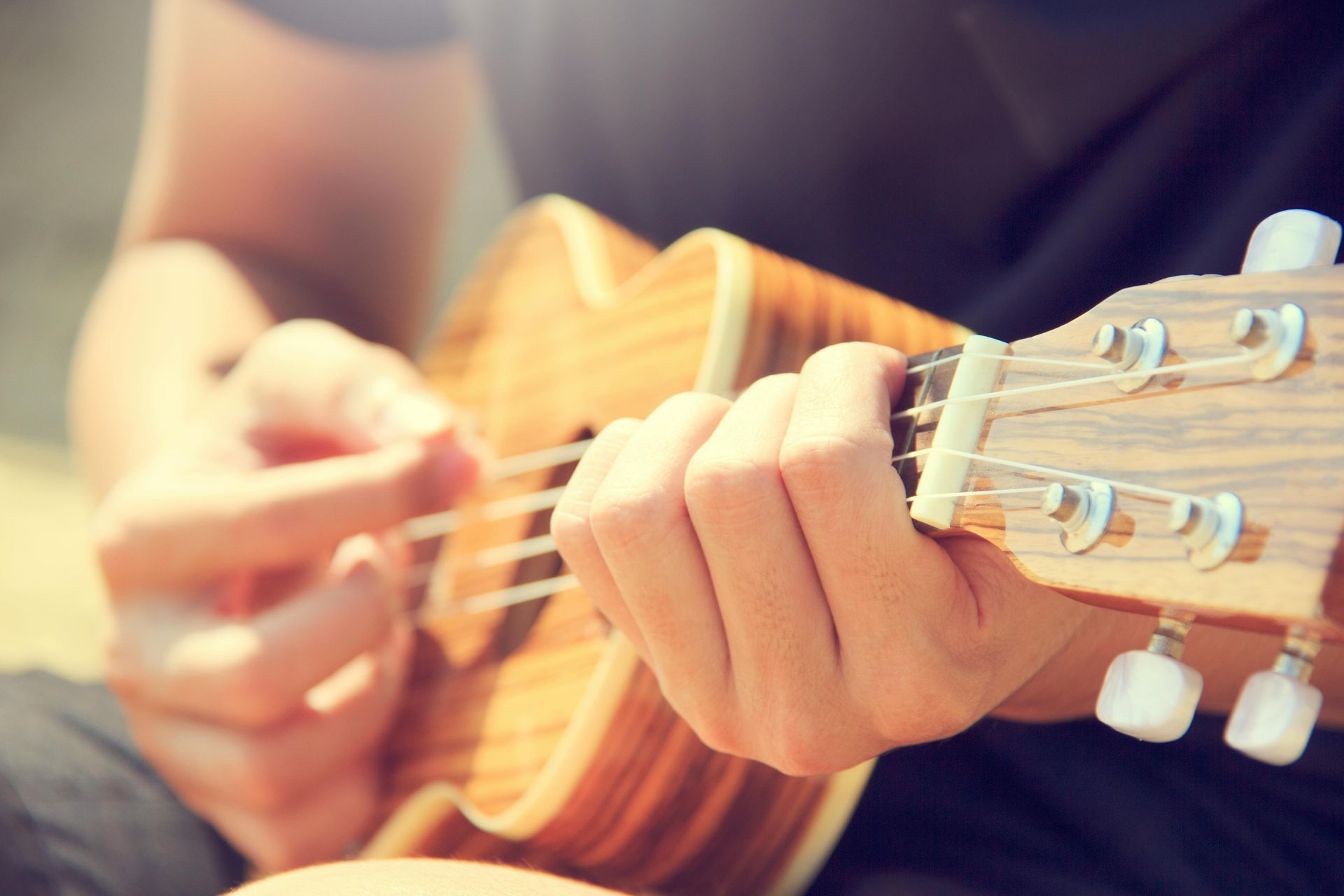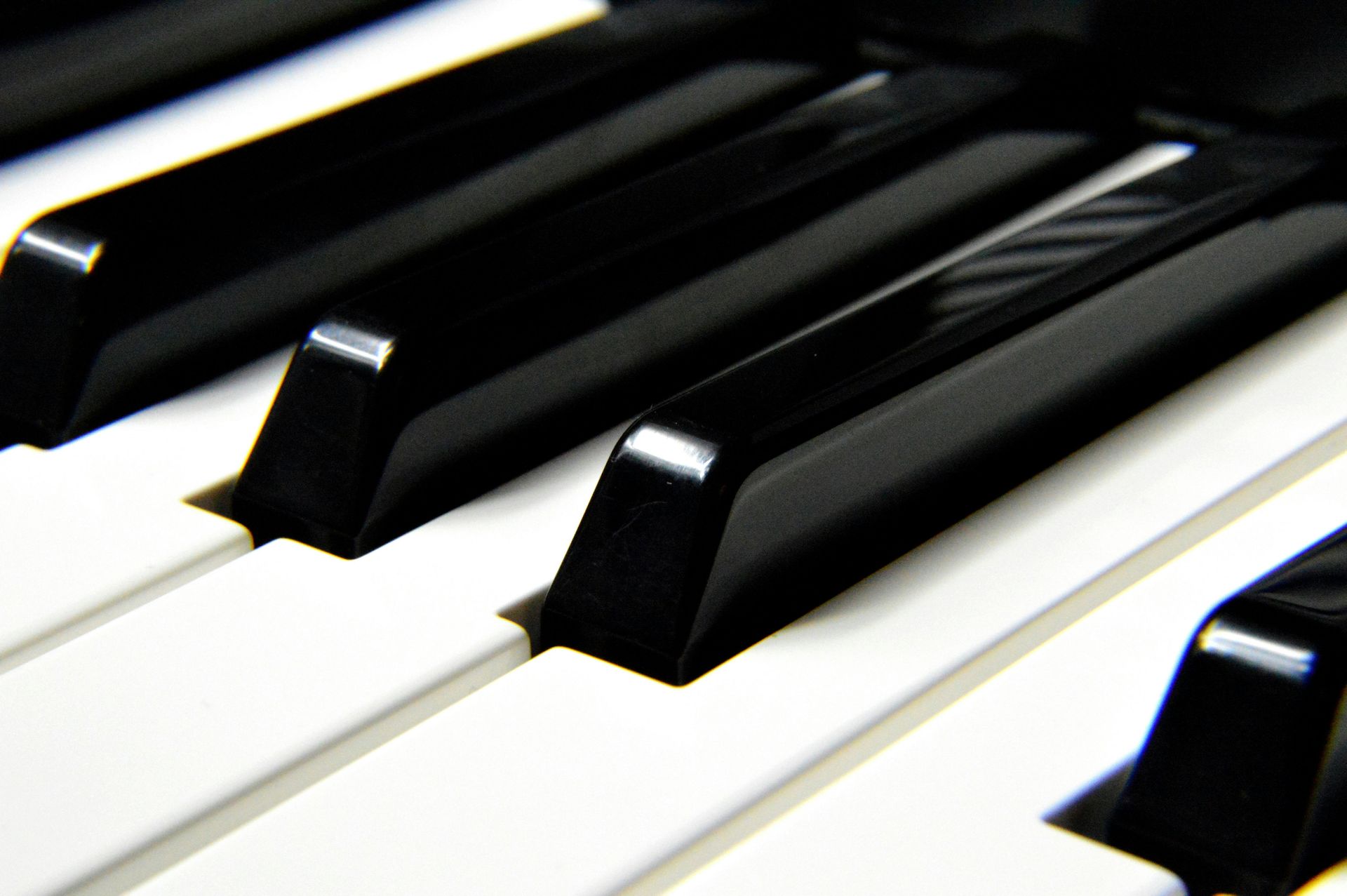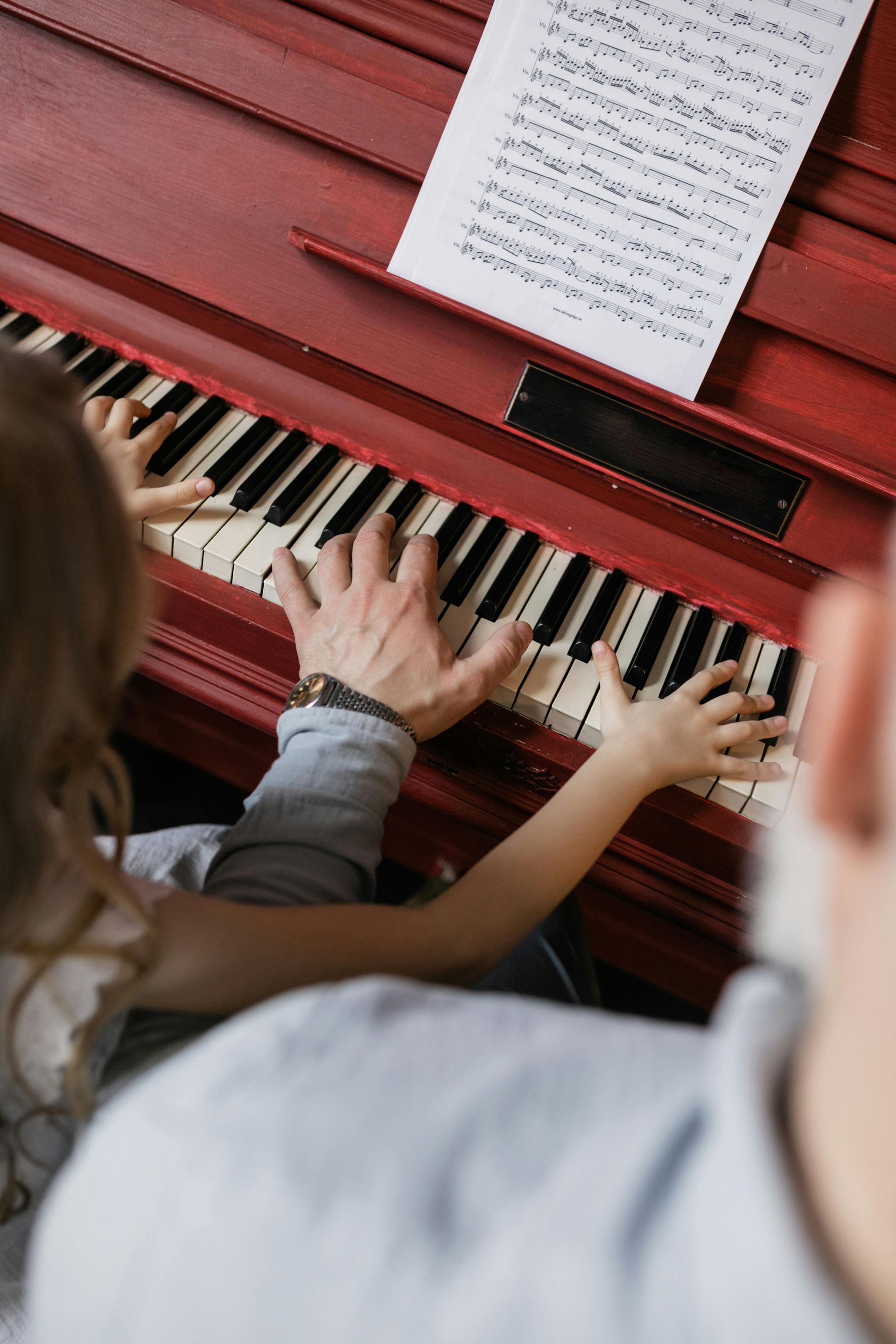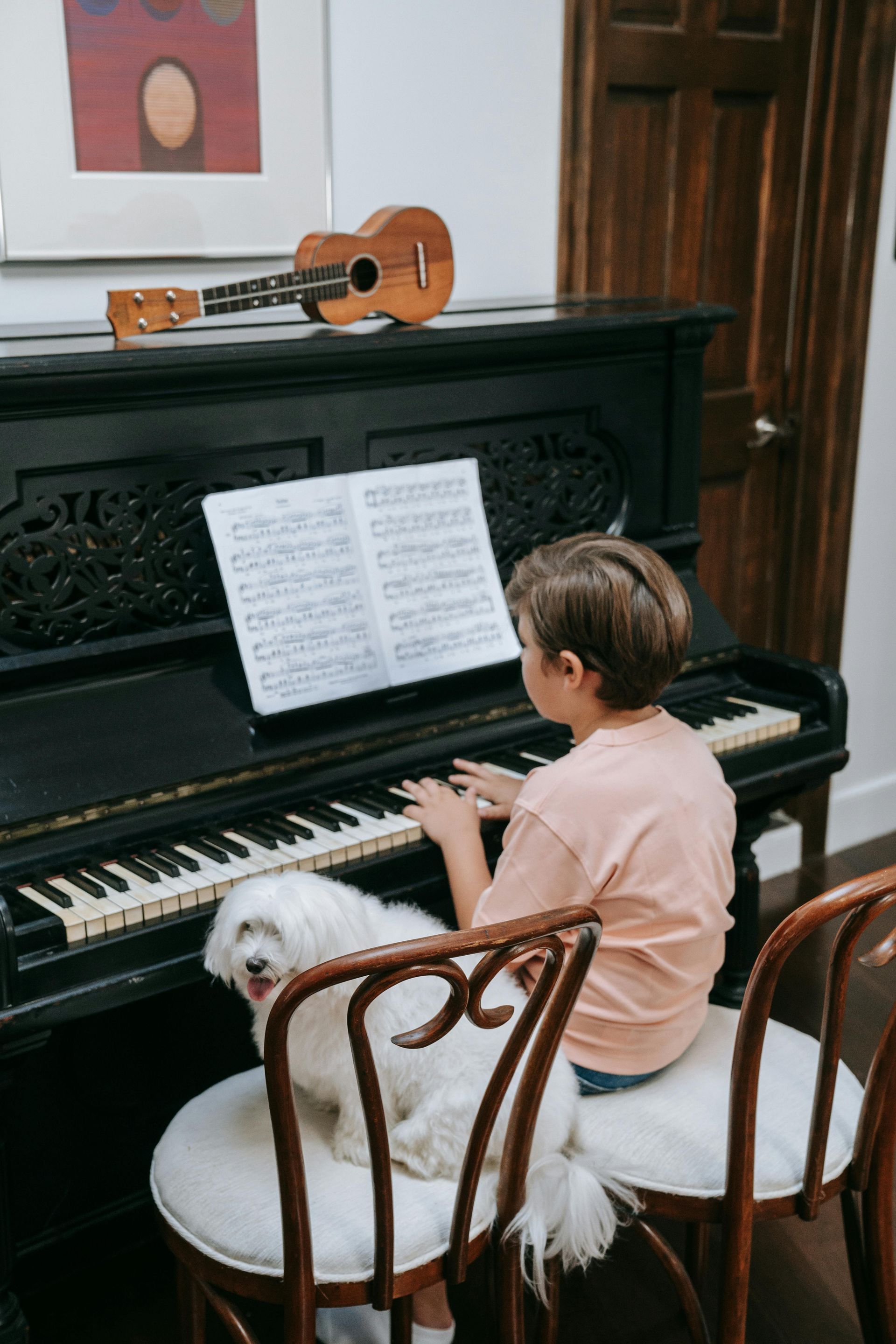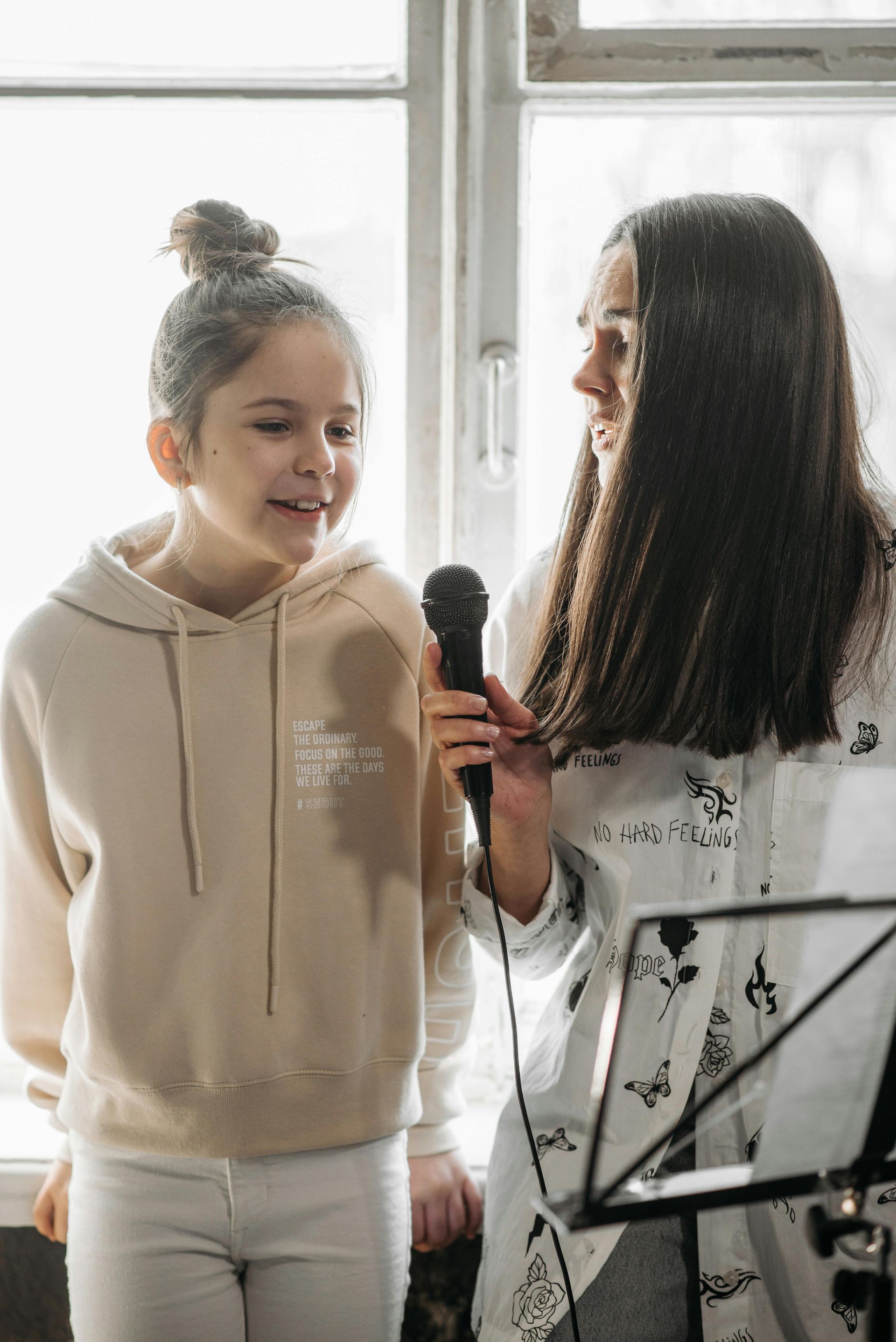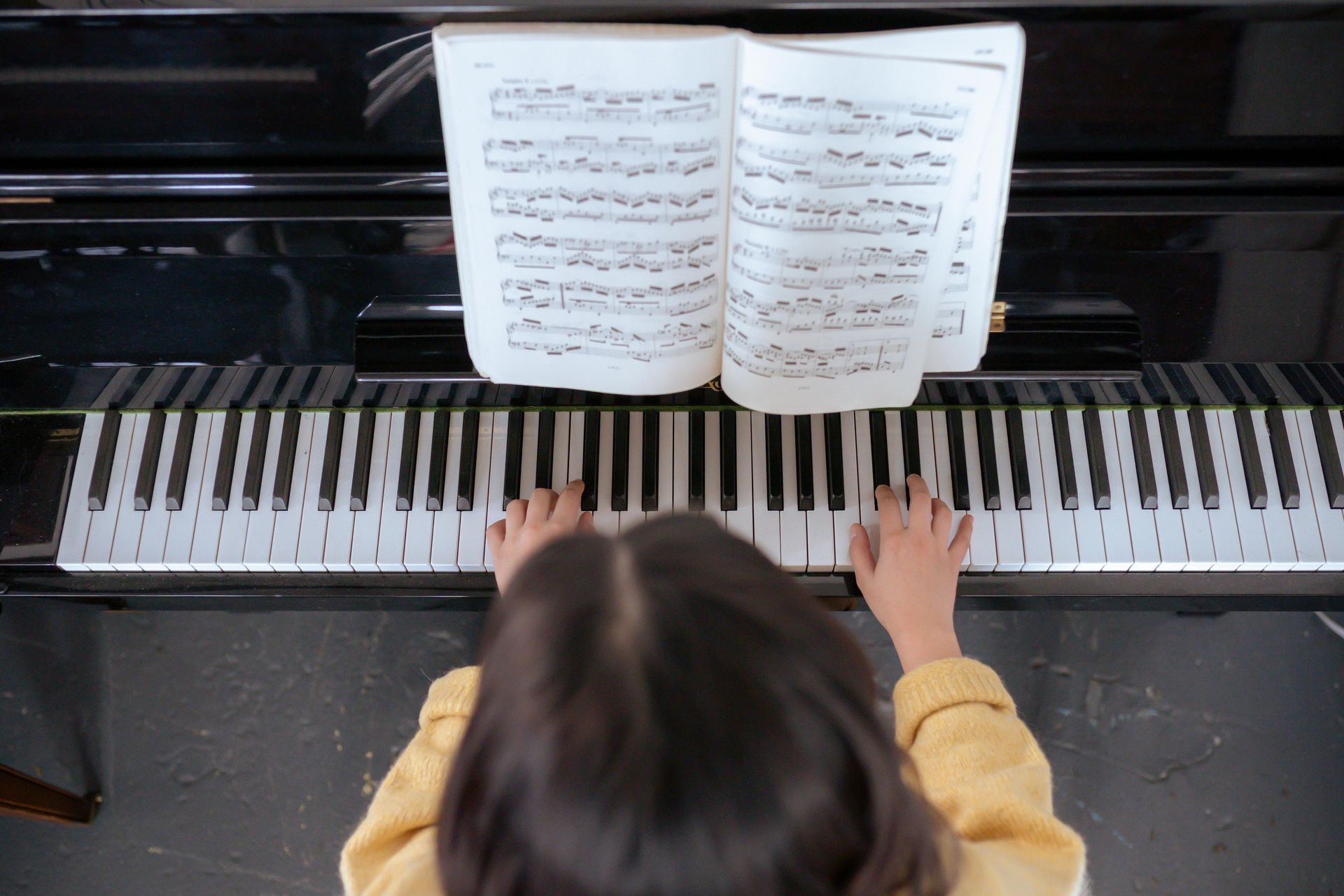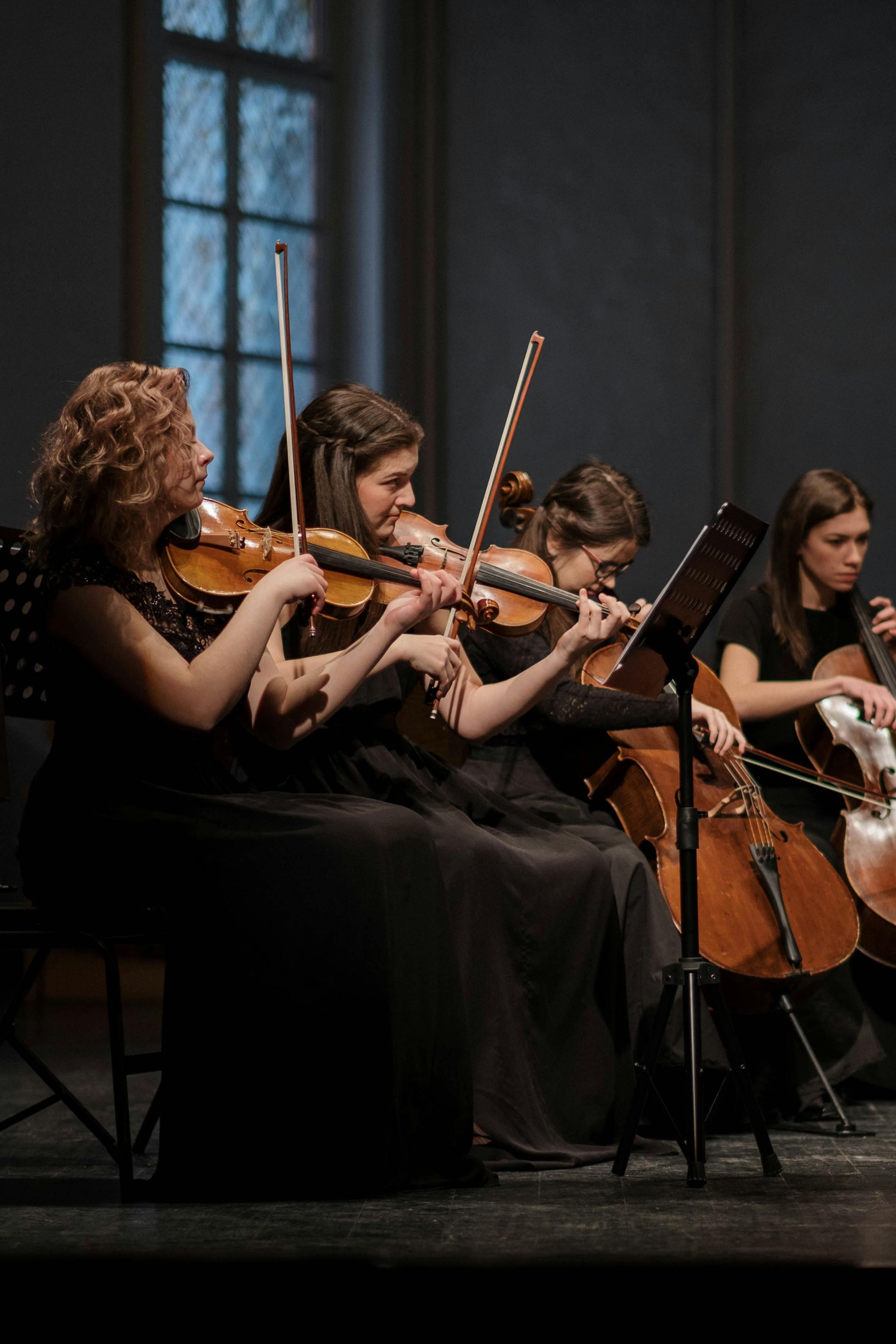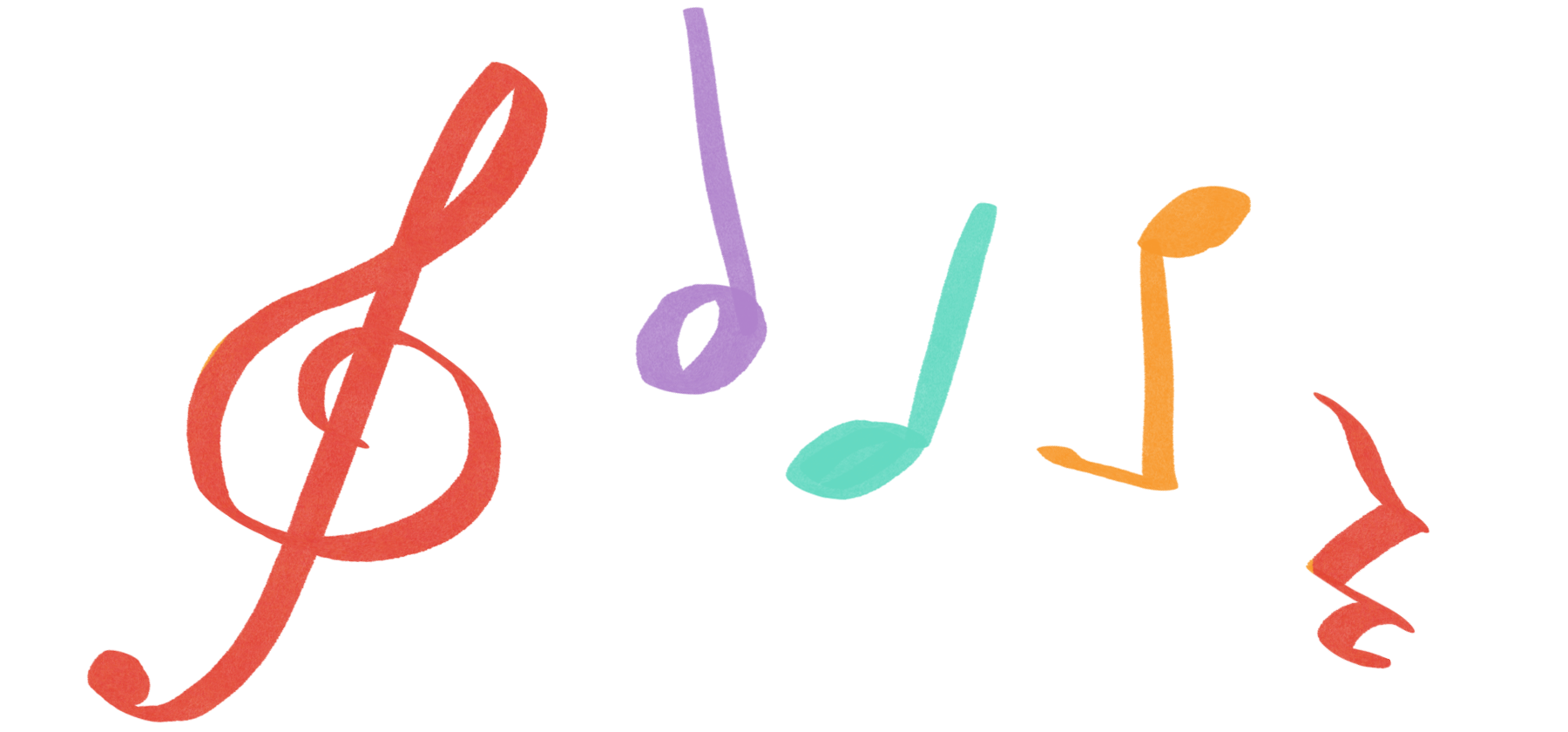Integrating Music into Family Life: Fun Activities to Do Together
At Musical Living Academy (MLA), we believe music is more than just lessons and practice—it’s a way to bring families together. When families explore music as a shared experience, it becomes a source of joy, connection, and growth for everyone.
Our mission is to help students "Engage the Mind 💡 Express the Heart ❤️", and we love to see that mission extended into the home. Whether your family is full of seasoned musicians or just starting to explore music, here are some fun, simple activities to integrate music into your daily life.
1. Create a Family Music Night
Make music a regular part of your family’s routine with a music night!
- Sing Together: Choose favorite songs, whether they’re classics, movie soundtracks, or simple singalongs like “Twinkle, Twinkle, Little Star.”
- Take Turns Performing: Let family members showcase their skills, whether it’s playing an instrument, singing, or even just clapping along.
- Play Musical Games: Try karaoke, freeze dance, or rhythm games that everyone can join in on.
MLA’s programs, like Rhythm4Kids, are designed to bring the same playful, interactive energy to our students’ musical experiences.
2. Listen to Music as a Family
Sharing music can be as simple as playing a playlist during dinner or a road trip.
- Explore Different Genres: Introduce your child to a variety of styles, from classical to jazz to pop. Let them share their favorites, too!
- Create a Playlist Together: Build a family playlist where everyone adds songs they love. You might discover new favorites along the way.
- Discuss the Music: Ask questions like, “What do you like about this song?” or “How does this music make you feel?”
At MLA, we encourage students to explore diverse styles of music, helping them find what resonates most with them.
3. Make Up Silly Songs Together
Encourage your family to create your own music!
🎵 Invent Your Own Lyrics – Take a familiar tune and rewrite the words to be about your day or a funny family memory.
🎶 Make Up a Family Theme Song – Have each family member contribute a line or verse to a fun, original song.
📝 Try a Rhyming Game – One person starts a line, and the next person must continue the song with a rhyming line.
This activity helps build creativity and encourages even the youngest children to explore music in a playful, pressure-free way—just like our PreK Piano Program, which makes learning music a fun and interactive experience.
4. Encourage Family Performances
Turn your living room into a stage! Performing in front of family can help your child build confidence and develop their musical skills.
- Host a Mini Recital: Invite close friends or family members to watch your child perform.
- Join In: Play simple rhythms, clap along, or even sing a duet with your child.
- Record It: Capture the performance on video so they can watch it back and see their progress.
At MLA, our recitals give students the opportunity to share their hard work with others. Recreating this experience at home can reinforce their sense of accomplishment.
5. Use Music to Create Family Memories
Music has a way of making moments special. Incorporate it into family traditions, such as:
- Morning or Bedtime Routines: Play soothing music to start or end the day.
- Holiday Celebrations: Sing seasonal songs together or learn new ones as a family.
- Milestones: Celebrate birthdays, achievements, or special days with a family singalong or dance party.
6. Take Music Outside
Bring your musical activities into nature or your community for a change of scenery.
- Outdoor Music Jams: Play or sing outside, whether it’s in your backyard, at the park, or during a picnic.
- Community Events: Attend local concerts, festivals, or even open mic nights to inspire your child and connect with other music lovers.
- Explore Sounds: Go on a “sound walk” where your family listens for natural rhythms and patterns, like birdsong, rustling leaves, or water flowing.
7. Make Music a Part of Daily Life
Sometimes the simplest activities have the biggest impact.
- Sing While Doing Chores: Make tidying up or cooking more fun with silly songs or rhythm games.
- Incorporate Music Into Homework: Soft instrumental music can help create a calming environment for studying.
- Dance It Out: Let loose with a family dance party to shake off stress and build energy.
At MLA, we believe music should be a joyful, everyday part of life—just as it is in our classrooms.
Discover the Joy of Music Together at MLA
Music has the power to connect families in ways that few other activities can. Whether you’re clapping along to your child’s first piano song or singing your favorite tunes in the car, the time spent together creates lasting memories.
At Musical Living Academy, we’re here to help your family integrate music into your lives. Our programs, like the PreK Piano Program and 4Kids Programs, are designed to spark joy and creativity in every student, no matter where they are in their journey.
Interested in learning more? Contact us at (956) 867-0649 to enroll or explore our offerings. Let’s help your family Engage the Mind 💡 Express the Heart ❤️ through the magic of music!
